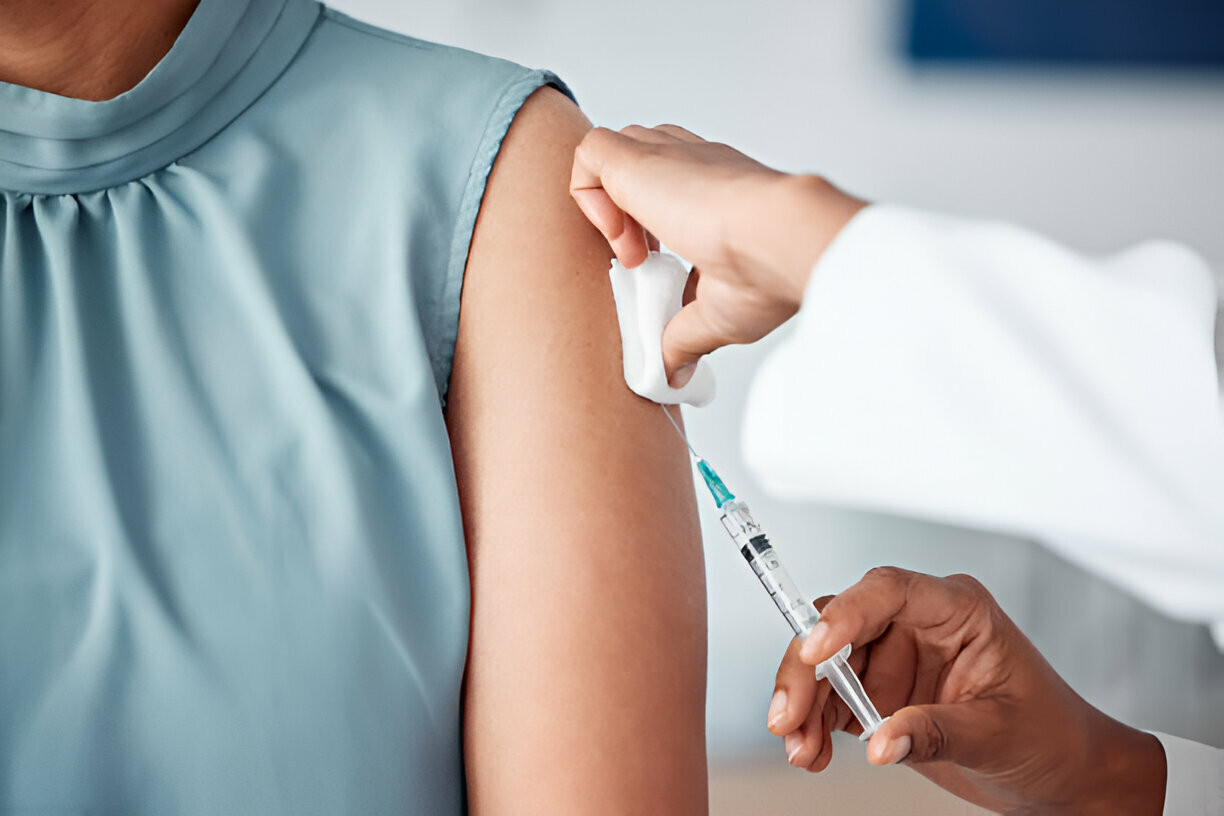With increasing interest in natural health and wellness, probiotics in Pakistan are becoming a significant part of daily conversations around immunity, digestion, and overall well-being. As public knowledge expands regarding the balance of good bacteria in our bodies, more individuals across Pakistan are turning to probiotic supplements and foods as preventive healthcare solutions.
Understanding the Role of Probiotics in Digestive Health
One of the most prominent applications of probiotics is their role in promoting a healthy digestive system. These live microorganisms, often referred to as “good bacteria,” work by maintaining a balanced gut microbiota. In simpler terms, they help ensure that the digestive tract operates smoothly and efficiently by fostering beneficial microbial populations.
In Pakistan, digestive health issues are commonly reported due to lifestyle factors, irregular diets, and lack of awareness. The introduction of probiotics as a natural remedy has brought new hope for those seeking relief from common concerns like bloating, constipation, acidity, and irregular bowel movements. With consistent use, probiotics support the gut barrier, reduce harmful bacterial overgrowth, and contribute to the overall stability of the gastrointestinal environment.
Expanding Use of Probiotics in Everyday Wellness Routines
The use of gut-friendly bacteria products in Pakistan is not limited to those facing medical concerns. Increasingly, people are incorporating probiotics into their daily routines as a proactive approach to health maintenance. Probiotic supplements, drinks, and fermented foods are gradually becoming more accessible in urban centers and gaining attention even in semi-urban and rural communities.
Awareness campaigns and educational resources about the benefits of gut health have helped this shift. Health-conscious individuals now recognize that gut microbiota is linked not just to digestion but also to immune function, mood regulation, and nutrient absorption. As a result, probiotics are seen as valuable allies in the pursuit of a healthier, more energetic life.
Scientific Interest and Public Health Significance
The scientific community in Pakistan has started to emphasize the importance of probiotics in building resilience against common infections and improving nutrient uptake. This increased focus has led to discussions at healthcare conferences, public seminars, and wellness workshops across major cities.
The integration of digestive wellness supplements in Pakistan into health discussions reflects their growing credibility among professionals and consumers alike. Probiotics are now being recommended more frequently by healthcare providers as part of holistic treatment strategies for patients recovering from antibiotic use or managing long-term gastrointestinal conditions.
This national shift toward evidence-based supplementation is indicative of a broader transformation in Pakistan’s healthcare culture—one that values both preventive care and natural therapies.
The Role of Local Brands in Educating the Market
While awareness about probiotics is still in its growth phase, local companies are playing a crucial role in educating the public and making these products more accessible. They are working closely with healthcare providers, pharmacists, and wellness practitioners to spread information about proper probiotic use, recommended dosages, and their suitability for different age groups.
In the middle of this evolving health movement, Hoechst Pakistan Limited stands out as a key player that aligns with the vision of enhancing public access to reliable probiotic options. By fostering trust through quality standards and community outreach, the company is contributing significantly to the growing popularity of probiotics in Pakistan.
Popular Forms and Accessibility of Probiotic Products
As more people in Pakistan learn about probiotics, the variety of available forms continues to expand. Capsules, powders, chewable tablets, and yogurt-based products are among the most commonly used. Accessibility is also improving, with many pharmacies, supermarkets, and online health platforms now stocking probiotic options suitable for children, adults, and elderly individuals.
Despite logistical challenges in more remote areas, initiatives are underway to extend the reach of gut health probiotics in Pakistan to underserved populations. This move is not only increasing accessibility but also encouraging broader acceptance of probiotics as essential supplements for health.
Challenges and Future Directions
While the momentum is strong, there are still a few barriers to overcome in ensuring long-term acceptance of probiotics. These include misconceptions around bacterial products, inconsistent quality in unregulated markets, and limited awareness in rural communities.
However, the future outlook remains optimistic. With continued collaboration between healthcare professionals and industry leaders, the trend is expected to gain further strength. Consumers are becoming more informed and empowered to make choices that reflect a deeper understanding of their internal health.
Educational campaigns, doctor-led seminars, and partnerships with community health workers will be crucial in bridging the knowledge gap. As the ecosystem matures, we can expect probiotics to take their rightful place in mainstream preventive care across the country.
Conclusion: Probiotics in Pakistan Are Here to Stay
Probiotics in Pakistan are no longer a niche trend—they’re rapidly becoming a pillar of natural health for people from all walks of life. From improving digestion to enhancing immunity, these microscopic allies are proving their worth in countless ways.
As health priorities evolve, more individuals in Pakistan are looking beyond conventional remedies and turning to gut-focused wellness strategies. With continued education and quality assurance, probiotics are poised to support a healthier future for communities across the nation.



